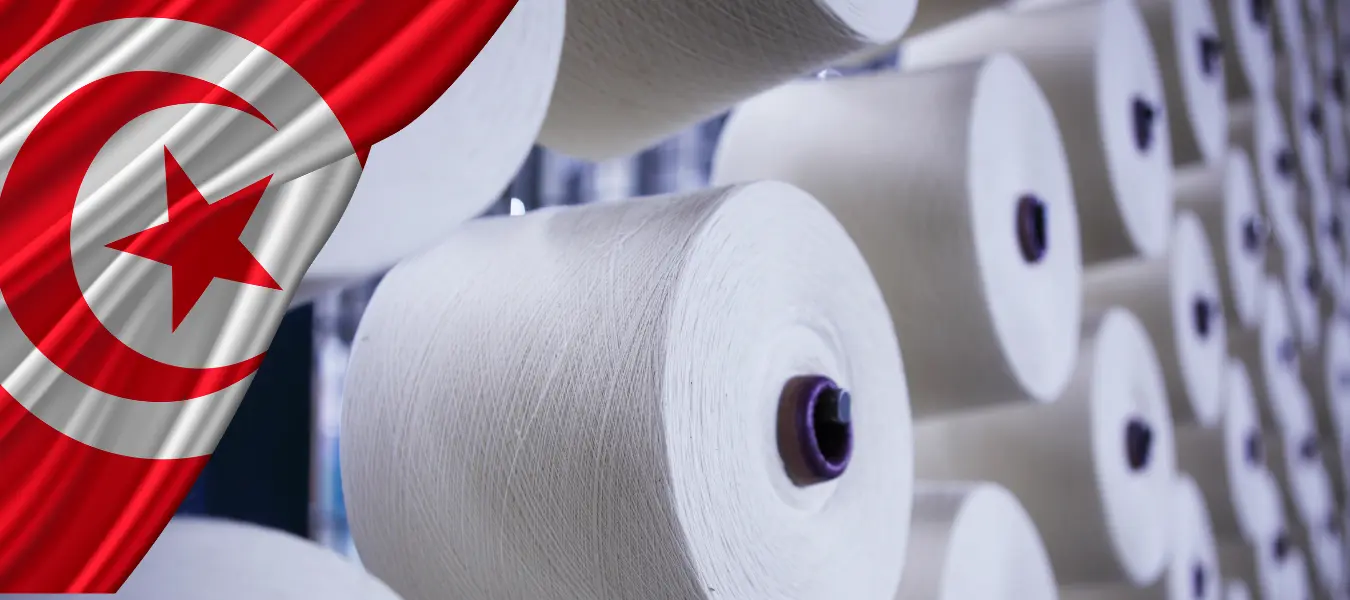
The European Union has introduced a significant relaxation of rules of origin for Tunisian textiles, granting the country a competitive edge in the lucrative European market.
Adopted by the European Commission at the end of July 2025, Regulation (EU) 2025/1459 allows certain textile products made in Tunisia to qualify as “originating” even when raw materials are imported, a shift designed to stimulate the sector over the next five years.
Effective retroactively from January 22, 2025, this regulation marks a departure from the stricter criteria set by the Association Agreement between the EU and Tunisia.
By recognising a simple local transformation as sufficient for origin status, the EU aims to enhance Tunisia’s textile competitiveness—an industry that forms a cornerstone of the nation’s economy.
The regulation includes generous annual quotas for preferential duty-free access: over 3.2 million men’s denim trousers per year for the first three years, then 2.9 million in the last two, alongside approximately 1.5 million women’s trousers annually.
These quotas will be managed on a “first come, first served” basis, with automatic adjustments made if volumes are under- or over-utilised.
The Tunisian Textile and Clothing Federation hailed the decision as a “facilitation of raw material supply” and a reinforcement of the local value chain. Meanwhile, the EU views this flexibility as a vital lever for growth and employment within a strategic sector, while supporting Tunisia’s broader economic diversification efforts.
Despite this positive step, Tunisian manufacturers remain challenged by fierce international competition. To fully benefit from the relaxed rules, industry players must continue investing in quality improvements, innovation, and adherence to environmental and social standards.
This new EU measure offers Tunisia an important opportunity to strengthen its textile exports, but sustainable success will depend on how manufacturers respond to the evolving demands of a competitive global market.



